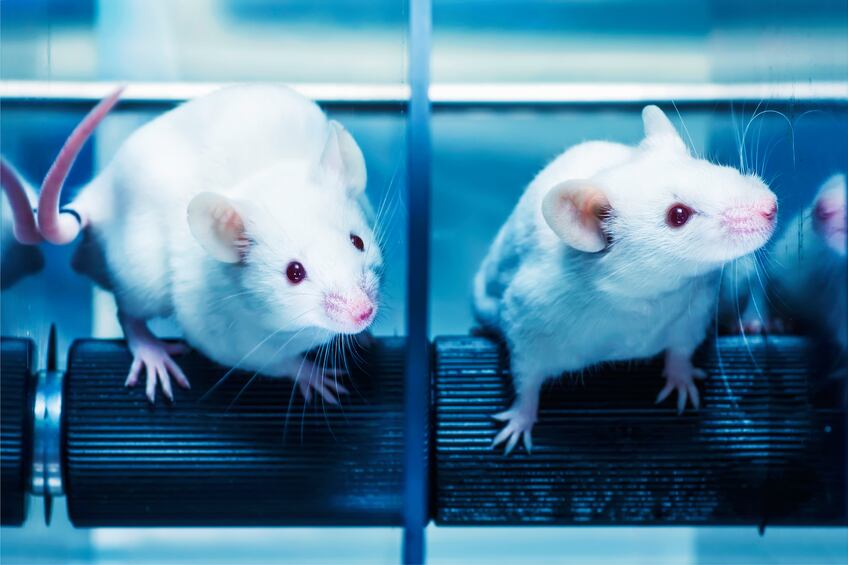Responding to a study that detailed aspartame’s role in metabolic function, the industry group claimed the mechanism was flawed and that the research in mice did not apply to humans.
Much of the contention centres around a by-product formed as a result of aspartame breakdown.
According to the team from Massachusetts General Hospital, phenylalanine interferes with the action of an enzyme previously shown to prevent metabolic syndrome.
“Phenylalanine is actually a common amino acid naturally occurring in meat, fish, eggs, legumes, dairy products, nuts and other food products,” ISA said in a statement. “The amounts of phenylalanine from aspartame breakdown are much lower than those obtained from many other natural dietary sources.”
A 2013 review by the European Food Safety Authority (EFSA) concluded aspartame was safe for human consumption, including pregnant women and children.
Clinical studies in humans support the role of low-calorie sweeteners such as aspartame, in reduced energy intake and weight loss, when used in place of sugar as part of responsible weight loss programmes.
BSDA support

The comments echo those of the British Soft Drink Association’s (BSDA) director general, who said the claims are “being made by a study conducted on mice and run contrary to the overwhelming body of scientific evidence.”
“Decades of scientific research, including human clinical trials, show that low-calorie sweeteners, such as those in diet drinks, have been found to help consumers manage their calorie intake when part of an overall healthy diet.”
Aspartame, an intense sweetener that is 200 times sweeter than sugar, is one of the most thoroughly studied food ingredients, with more than 200 papers investigating its safety.
Some research has linked it and other sweeteners with health issues but it is approved the world over by regulators like EFSA and the US Food and Drug Administration (FDA).
It is found in foods and drinks, including cereals, sugar-free chewing gum, low-calorie (diet) soft drinks and table-top sweeteners.
